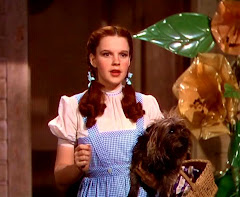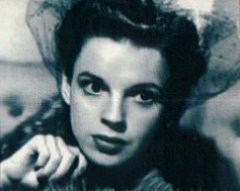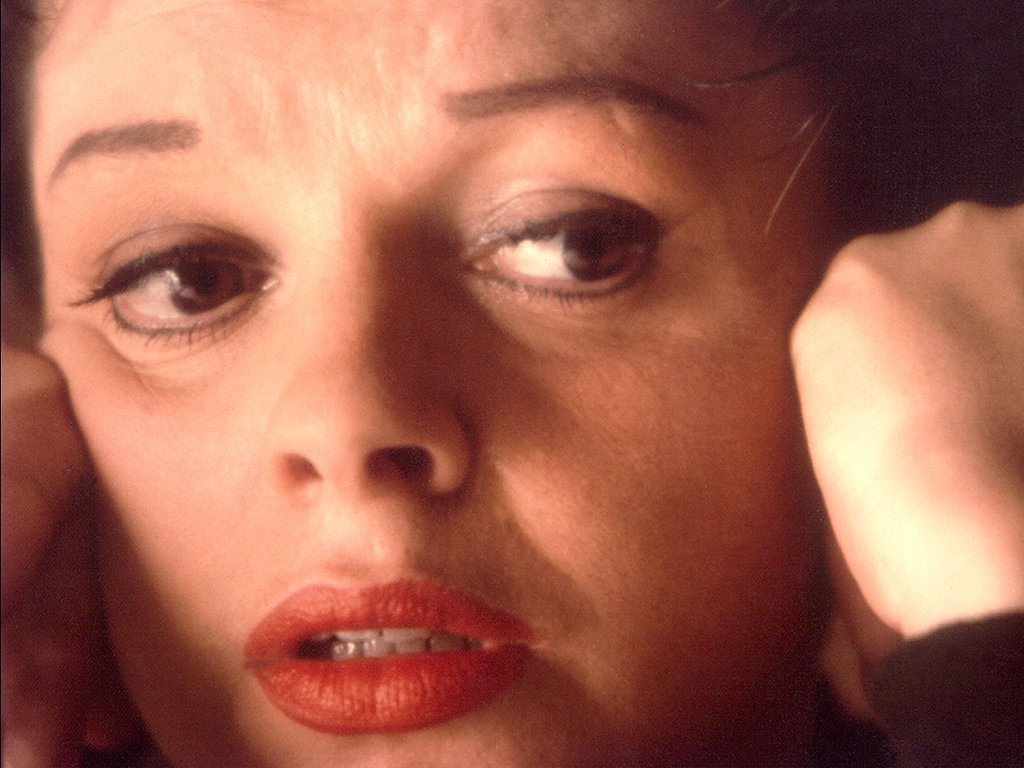
THE FURYby Richard BrodyJULY 5, 2010George Cukor's "A Star Is Born," from 1954—one of the greatest inside-Hollywood movies, featuring a career-crowning performance by Judy Garland—was mutilated by Warner Bros. and released with nearly half an hour slashed from the director's cut. Much was restored in a heroic 1983 reconstruction by Ronald Haver, and the scintillating new DVD of that version from Warner Home Video restores the film's extravagant Technicolor palette and reveals the passionate visual aspects of Cukor's masterly dramatic sense.The production design, with its riot of colors, and the daringly lurid photography achieve a profundity to match the action, as in the first scene, with its contrast of Hollywood's public pomp and its private pain. The brilliant sparkle of spotlights and city lights—and a whirl of inflamed reds and morbid blues—welcome to the Shrine Auditorium an erstwhile icon in a downward spiral, Norman Maine (James Mason), who shows up drunk at a lavish public benefit, where he is rescued from humiliation by the clever improvisations of a scuffling band singer, Esther Blodgett (Garland).Tracking Esther down at an after-hours club and marvelling at her artistry, he resolves to propel her into pictures. The number she performs at the club, "The Man That Got Away," is one of the most astonishing, emotionally draining musical productions in Hollywood history, both for Garland's electric, spontaneous performance and for Cukor's realization of it. The song itself, by Harold Arlen and Ira Gershwin, is the apotheosis of the torch song, and Garland kicks its drama up to frenzied intensity early on, as much with the searing pathos of her voice as with convulsive, angular gestures that look like an Expressionist painting come to life. (Her fury prefigures the psychodramatic forces unleashed by Gena Rowlands in the films of her husband, John Cassavetes.) Cukor, who had first worked wonders with Garland in the early days of "The Wizard of Oz" (among other things, he removed her makeup, a gesture repeated here by Maine), captures her performance in a single, exquisitely choreographed shot, with the camera dollying back to reveal the band, in shadow, with spotlights gleaming off the bells of brass instruments and the chrome keys of woodwinds.Cukor often catches Esther (soon a star, called Vicki Lester) in the magic moment—the transformation of person to persona in the passage from the corridors to the soundstage—and shows that, as with Garland herself, there's hardly a difference: she lives with the same wondrous and fearsome emotion that she delivers on camera.
















